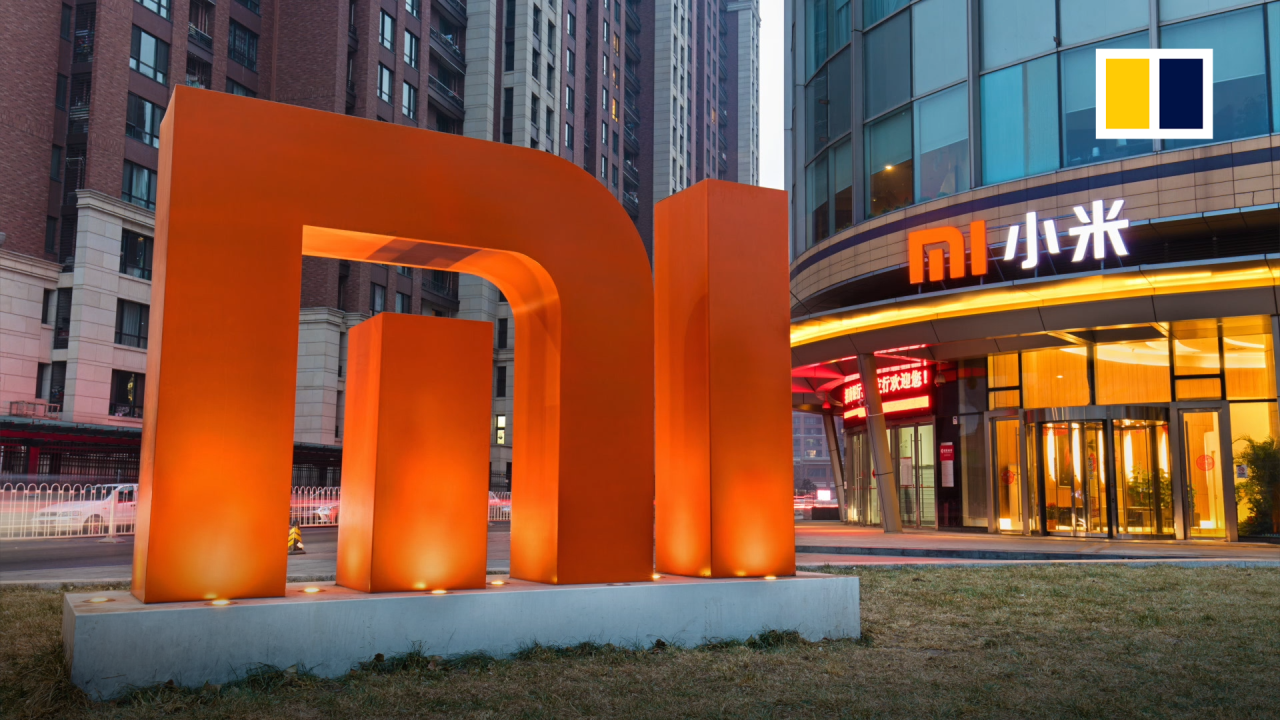
Xiaomi founder Lei Jun touts personal resilience as cooling economy hits smartphone business
- Lei Jun, the co-founder and chief executive of Xiaomi, gave an hour-long motivational speech during a product launch event on Thursday
- His attempt to highlight his personal strength comes as Xiaomi tries to prove its resilience under broader economic headwinds
“Many people are feeling confused, and even anxious, in the face of these continuous and huge changes.”
The 52-year-old billionaire went on to describe his setbacks in past ventures, including his employment as the general manager of software company Kingsoft’s Beijing operations during the 1990s.
At first, Lei had trouble selling the firm’s products, which were meant to challenge Microsoft in the Chinese market. Amid slow sales, Kingsoft could barely afford to pay its employees, at which point it reached a “life-and-death moment”, Lei said.
To find out what went wrong, Lei worked temporarily as a salesman at a Kingsoft store in Beijing’s tech hub of Zhonguancun. During the seven-day stint, he learned that many customers did not know how to use computers without instructions.
Based on Lei’s experience, Kingsoft developed a new software called “Introduction to Computers” and other user-friendly products, which were well-received and helped turn around the company’s fortunes.
more user-friendly versions of its software, which were well-received and helped turn around the company’s fortunes.
“Without these setbacks and experiences, I wouldn’t be who I am today,” said Lei, who became Kingsoft’s CEO in 1998 and went on to create e-commerce platform Joyo.com, which was sold to Amazon in 2004.
Lei, who has an estimated net worth of US$10 billion, has emerged as one of the most outspoken tech entrepreneurs in China, in contrast to his peers – such as Alibaba Group Holding founder Jack Ma, Tencent Holdings founder and CEO Pony Ma Huateng, and ByteDance founder Zhang Yiming – who have chosen to stay out of the limelight since the government set off a regulatory crackdown against the sector in late 2020.

Topics related to Lei’s speech trended on microblogging platform Weibo on Thursday, with many users applauding the founder’s courage and optimism. But others said that even at his lowest point, Lei was still better off than most people.
“General manager of Kingsoft at the age of 26, with over 100,000 yuan on the company’s account? Sounds like a humble brag to me,” one netizen wrote.
As much as 9 per cent of Xiaomi’s revenue could be at risk if those restrictions were implemented, Fitch Group’s CreditSights said on Thursday.
How Xiaomi rose to become China’s No 1 smartphone maker
During Thursday’s nearly three-hour event, Lei unveiled the brand’s latest foldable phone – the Mix Fold 2 – and demonstrated a life-size humanoid robot called CyberOne.
The CEO also debuted the company’s autonomous driving technology for its EV project. The Xiaomi autonomous driving team has grown to 500 members and plans to invest 3.3 billion yuan (US$490 million) in the first phase of research and development, Lei said. “We aim to become a first-tier player in the industry by 2024.”


